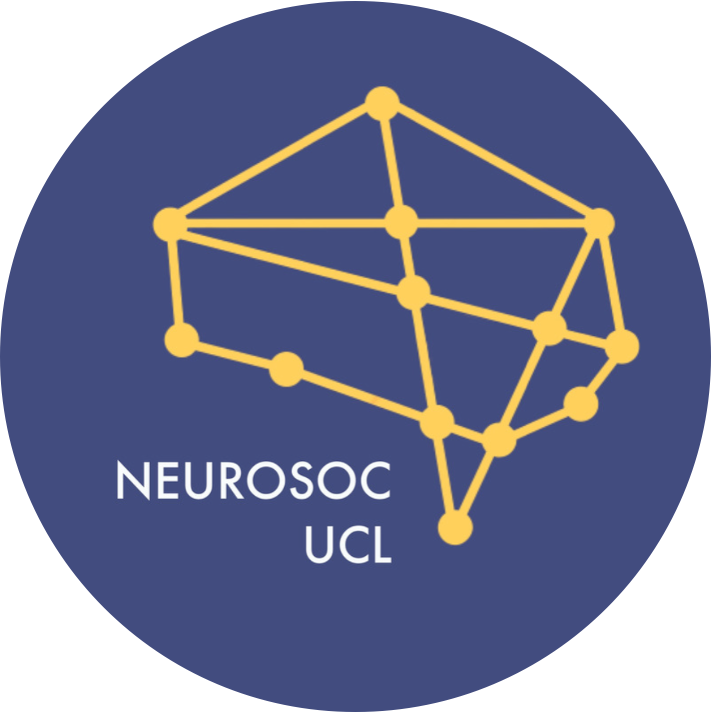The great return of in-person events!
After a year and a half of remote learning, we are very excited to be able to host an array of in-person (as well as online) events for our new and retuning members this academic year! There is lots planned, from socials and journal clubs to remarkable seminars by the leaders in the field. Check out our Facebook page, Instagram and newsletter for all of the latest neuroscience news and updates about our events!
Please note that our in-person events have limited capacity.
You need to get a free ticket on eventbrite to gain access.
This year’s events:
Neurobiology of Beauty by Professor Semir Zeki
For the first academic event of the year, UCL Neuroscience Society had the pleasure of hosting Professor Semir Zeki, who gave a wonderful talk about the “Neurobiology of Beauty”.
In our conversation, we spoke about the results of their international survey on recreational drug use during COVID-19. We discussed how drug use may impact mental health, particularly in the context of the lockdown, as well as how drug markets are changing during this crisis.
May 2020
Journal Club with Francisco Sacadura
Our first journal club of the year was hosted by Francisco Sacadura, former Vice-President and Academic Events Officer of UCL Neuroscience Society and UCL MSci Neuroscience graduate who is soon to start a PhD in Neurobiology and Behaviour at Columbia University in the city of New York. He is a neuroscientist interested in understanding how computations in distributed neural circuits underly sensorimotor control and learning.
PAPER SUMMARY
How do mice find their way back to safety when they perceive imminent danger? In this paper, Ruben Vale and colleagues from Tiago Branco’s lab at the Sainsbury Wellcome Centre use the latest tools in systems neuroscience to find that projections from retrosplenial cortex to superior colliculus continuously encode the egocentric orientation of the shelter and mediate shelter-directed escape responses when mice face-threatening stimuli. Such cortico-midbrain circuits could provide a general framework for the flexible control of innate behaviours in rodents.
September 2020
How and Why You Should Build a Dementia Care App, by Mindset’s CEO
On the 12th of September, we will had a conversation with Hamzah Selim (medic at UCL, BSc Neuroscience holder from Imperial College London) on 'Mindset', the first AI-powered dementia screening app, of which he is the founder and CEO.
What is 'Mindset'? (from Mindset's view)
● Website: www.meetmindset.com
● Instagram: https://www.instagram.com/meetmindset/
● Description: By packaging cutting-edge neuroscience into an intuitive mobile app, Mindset screens for dementia using artificial intelligence. With the goal of making dementia care accessible and cost-effective for the elderly population, Mindset have engineered a warm bedside manner to ensure users enjoy taking ownership of their health. Ultimately, Mindset’s focus is to deploy an easy-to-use application which ensures proper diagnosis, proper clinical practice, and safety for both patients and doctors.
We discussed the neuroscience behind dementia care and the technical challenges surrounding this, as well as the principles of machine learning and neurodiagnostics and how the two fields can learn from and build upon each other. We also discussed how students can go about building their own medical app start-up.
September 2020



